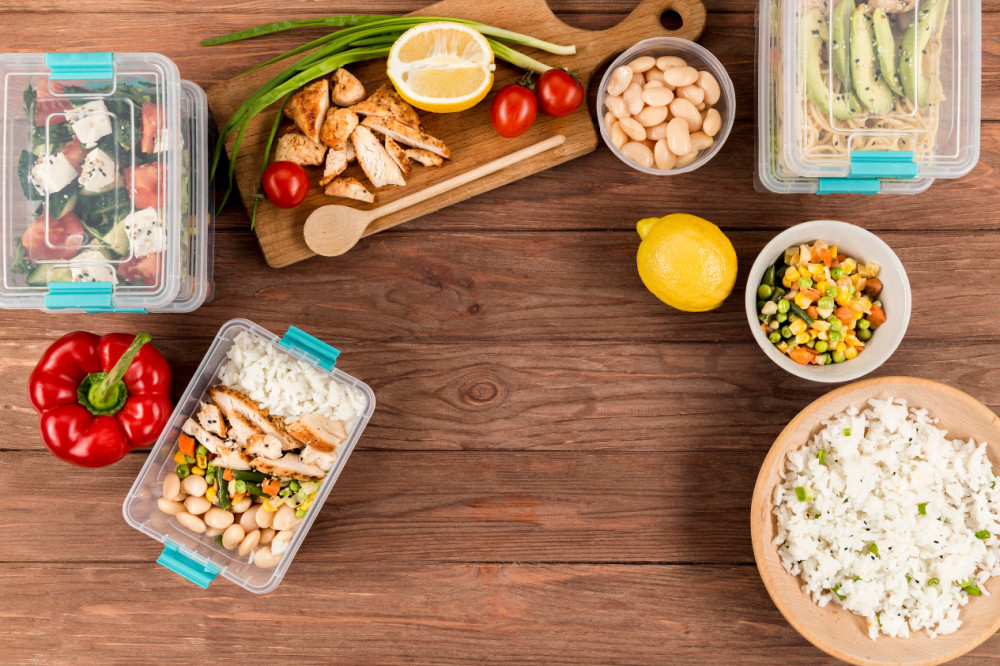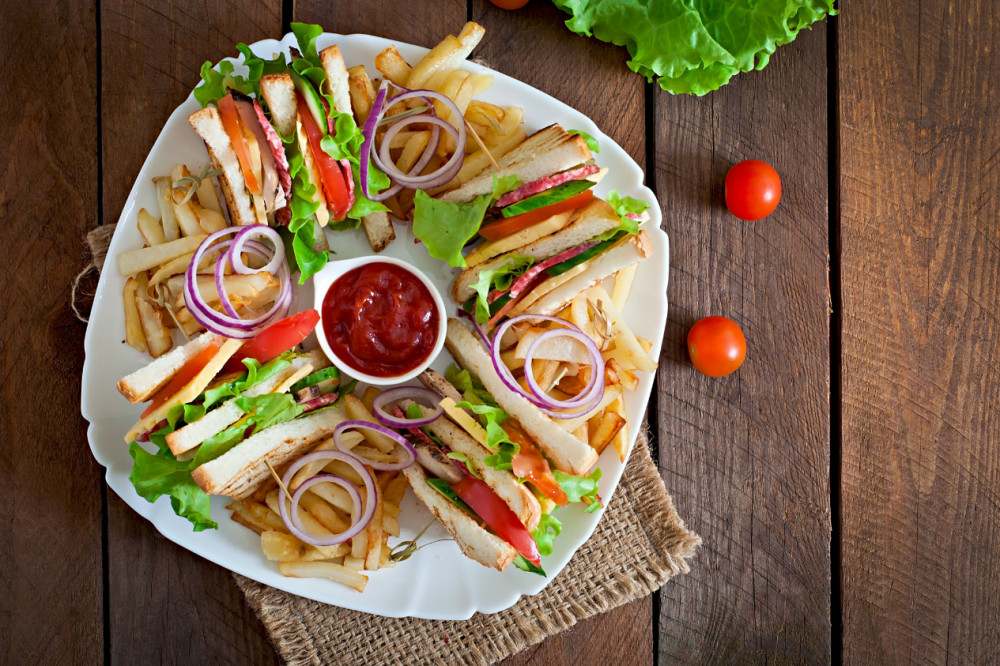
Presenting the Whole-Foods, Plant-based Diet
Presenting the Whole-Foods, Plant-based Diet
Opt for a diet which not only packs in multiple benefits but also cuts your environmental footprint
While there’s a lot of debate about which diet is best, health and wellness experts are in consensus regarding one simple fact - fresh, whole ingredients and minimizing processed foods are superior for overall wellness.
And this is precisely what the whole-foods, plant-based diet does! Moreover it is also effective at catalysing weight loss and improving health.
WHAT IS A WHOLE-FOODS, PLANT-BASED DIET?
A lifestyle rather than a set diet the basic principles of a whole-foods, plant-based diet are as detailed below -
- Stressing on minimally processed foods
- Restricting or abstaining from animal products
- Vegetables, fruits, whole grains, legumes, seeds and nuts – making up the majority of what you eat
- Eliminating refined foods like - added sugars, white flour and processed oils
- Striving to opt for locally sourced, organic food
Perhaps that’s why the whole-foods, plant-based diet is frequently confused with vegan or vegetarian diets. But there is a subtle difference between the three –
- People who follow vegan diets refrain from consuming any animal products, including dairy, meat, poultry, seafood, eggs and honey
- People who follow vegetarian diets exclude all meat and poultry from their diets, but some vegetarians do eat eggs, seafood or dairy
- The whole-foods, plant-based diet, on the other hand, is more flexible as animal products aren’t strictly off limits
BENEFITS OF A WHOLE-FOODS, PLANT-BASED DIET…
Opting for a whole-foods, plant-based diet can pack in a plethora of benefits not only for your health but for the community and the planet as well! Foodism lists out a few of them –
- Facilitates weight loss (and helps you maintain the loss too!) and improves overall health
- Lowers risk of - heart disease; cancer (gastrointestinal cancer; and colorectal cancer in particular); and diabetes
- Slows down or even prevents cognitive decline and Alzheimer’s disease
- Helps you manage your diabetes better as it improves blood sugar control
- Helps protect the environment as it promotes sustainable eating which can cut down on greenhouse gas emissions, water consumption and land used for factory farming, which are all factors in global warming and environmental degradation
- Drives the local economy and reduces reliance on factory farming as this diet lays thrust on purchasing local, sustainable produce
YOUR WHOLE-FOODS, PLANT-BASED SHOPPING LIST
- Fruits: Berries, citrus fruits, pears, peaches, pineapple, bananas, et al
- Vegetables: Kale, spinach, tomatoes, broccoli, cauliflower, carrots, asparagus, peppers, et al
- Starchy vegetables: Potatoes, sweet potatoes, butternut squash, et al
- Whole grains: Brown rice, rolled oats, quinoa, brown rice pasta, barley, et al
- Healthy fats: Avocados, olive oil, coconut oil, unsweetened coconut, et al
- Legumes: Peas, chickpeas, lentils, peanuts, black beans, et al
- Seeds, nuts and nut butters: Almonds, cashews, macadamia nuts, pumpkin seeds, sunflower seeds, natural peanut butter, tahini, et al
- Unsweetened plant-based milks: Coconut milk, almond milk, cashew milk, et al
- Spices, herbs and seasonings: Basil, rosemary, turmeric, curry, black pepper, salt, et al
- Condiments: Salsa, mustard, nutritional yeast, soy sauce, vinegar, lemon juice, et al
- Plant-based protein: Tofu, tempeh, plant-based protein sources or powders with no added sugar or artificial ingredients
- Beverages: Coffee, tea, sparkling water, et al
If you intend supplementing your plant-based diet with animal products then select quality products from grocery stores or, better yet, purchase them from local farms -
- Eggs: Pasture-raised
- Poultry: Free-range, organic
- Beef and pork: Pastured or grass-fed
- Seafood: Wild-caught from sustainable fisheries
- Dairy: Organic dairy products from pasture-raised animals
FOODS TO AVOID OR MINIMIZE ON THIS DIET
As the whole-foods, plant-based diet focuses on consuming foods in their most natural form; heavily processed foods get automatically excluded!
While at your local grocery you can simply skip racks which carry the following as these are foods which people following a whole-foods, plant-based diet need to mandatorily abstain from -
- Fast food: French fries, cheeseburgers, hot dogs, chicken nuggets, et al
- Added sugars and sweets: Table sugar, soda, juice, pastries, cookies, candy, sweet tea, sugary cereals, et al
- Refined grains: White rice, white pasta, white bread, bagels, et al
- Packaged and convenience foods: Chips, crackers, cereal bars, frozen dinners, et al
- Processed vegan-friendly foods: Plant-based meats like Tofurkey, faux cheeses, vegan butters, et al
- Artificial sweeteners
- Processed animal products: Bacon, lunch meats, sausage, beef jerky, et al
A SAMPLE MEAL PLAN OF A WHOLE-FOODS, PLANT-BASED DIET
Transitioning to a whole-foods, plant-based diet doesn’t have to be challenging; here’s sharing a sample menu for all the three meals of a day under this diet -
Breakfast: Vegetable omelette made with eggs
Lunch: Quinoa, veggie and feta salad
Dinner: Sweet potato and black bean tacos
So go ahead and sign up for a whole-foods, plant-based diet and celebrate plant foods and remove unhealthy items like added sugars and refined grains. Not only will you reap multiple health benefits like but you would also be reducing your carbon footprint and doing Mother Earth a favour!
Related Blogs

5 Wholesome Lunchbox Meals You Can Cook in 20 Minutes
13 Views

10 Sandwiches That Go Beyond Bread: From Vada Pav to Bao Buns
9 Views

Post-Festival Detox Recipes: Indian Drinks & Light Meals to Refresh
58 Views

Sweet vs Savory Menu Ideas: Balance Festive Indulgence
101 Views

Diwali Breakfast Ideas 2025: Quick & Flavorful Morning Recipes
61 Views